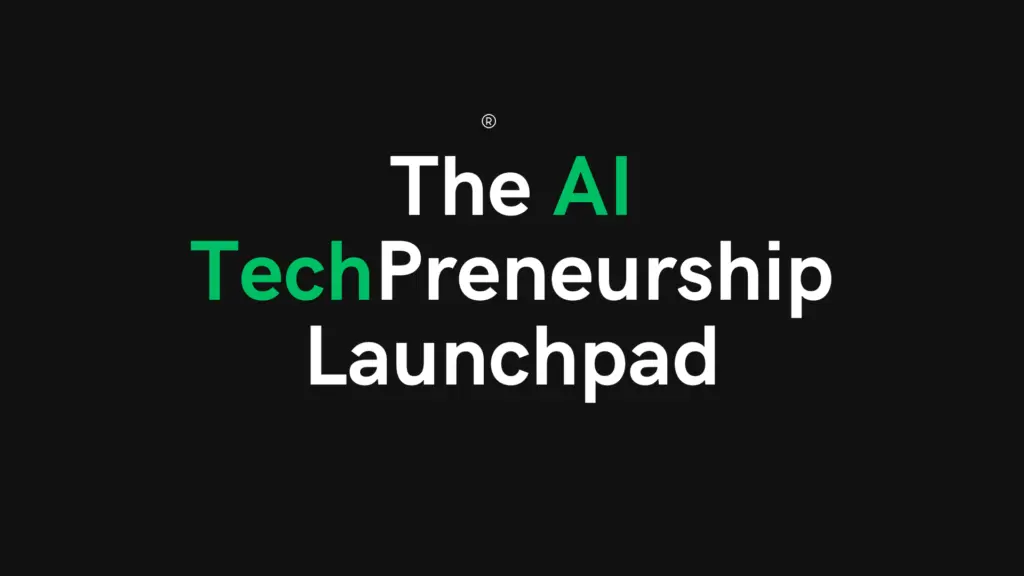AI is Not for Every Business or Industry — At Least Not in the Same Way or at the Same Time
By Maurice L. Butler | The AI TechPreneurship Launchpad Blog
Artificial Intelligence (AI) is all around us — from product recommendations on Amazon to virtual assistants like Siri and Alexa. The excitement around AI is real, and for good reason. It’s transforming the way organizations work, compete, and grow. But here’s the truth most don’t say out loud:
AI is not for every business or industry — at least not in the same way or at the same time.
That might sound counterintuitive coming from someone passionate about technology and innovation, but it’s a necessary reminder: AI is a powerful tool, not a one-size-fits-all solution. Understanding how, when, and why to use AI is key to making it work for your business — not against it.
🟢 Industries Where AI is Already a Game-Changer
Some industries have a natural fit for AI because they rely heavily on data, automation, or decision-making at scale. These sectors are already seeing major returns from AI adoption:
-
Healthcare
AI is revolutionizing diagnostics, predicting disease outbreaks, and helping doctors make more informed decisions through medical imaging analysis and predictive analytics.
- Finance
Banks and fintech companies use AI for fraud detection, credit scoring, algorithmic trading, and even robo-advisors that help clients manage portfolios.
- Retail & eCommerce
From product recommendation engines to inventory optimization, AI is behind many of the experiences we now expect when shopping online or in-store.
- Manufacturing
Predictive maintenance, quality assurance, and robotics are giving manufacturers a boost in efficiency and cost savings through AI.
🟡 Industries in Transition: AI’s Emerging Impact
In some sectors, AI adoption is still evolving. The opportunities are real — but implementation is uneven, often due to cost, infrastructure, or regulation.
-
Education
AI is being used for personalized learning paths, auto-grading, and virtual tutors. But many schools still lack the infrastructure to scale these solutions.
-
Agriculture
Precision farming, drone monitoring, and AI-powered irrigation systems are transforming food production, but adoption varies widely based on region and resources.
-
Construction
AI is starting to impact project management, risk forecasting, and site monitoring — yet many firms are still using pen-and-paper processes.
🔴 Where AI May Not Be a Priority (Yet)
AI isn’t a “must-have” for every organization. For many small or local businesses, the real priority might be keeping up with day-to-day operations, not investing in machine learning algorithms.
Here are a few scenarios where AI might not (yet) add immediate value:
- Small businesses with limited digital infrastructure (e.g., a corner bakery or a local artist)
- Highly personalized, relationship-driven services (e.g., life coaches or bespoke consultants)
- Low-volume operations where automation offers minimal time savings
That said, even these businesses can find micro-level applications of AI — such as using AI writing assistants for marketing, or smart invoicing tools to manage billing.
💡 The Smarter Approach: Use Case Over Hype
Instead of asking “Should I be using AI?”, the better question is:
“What problem am I trying to solve, and can AI help me solve it more effectively”
This statement is where we will focus our attention on the next blog.

